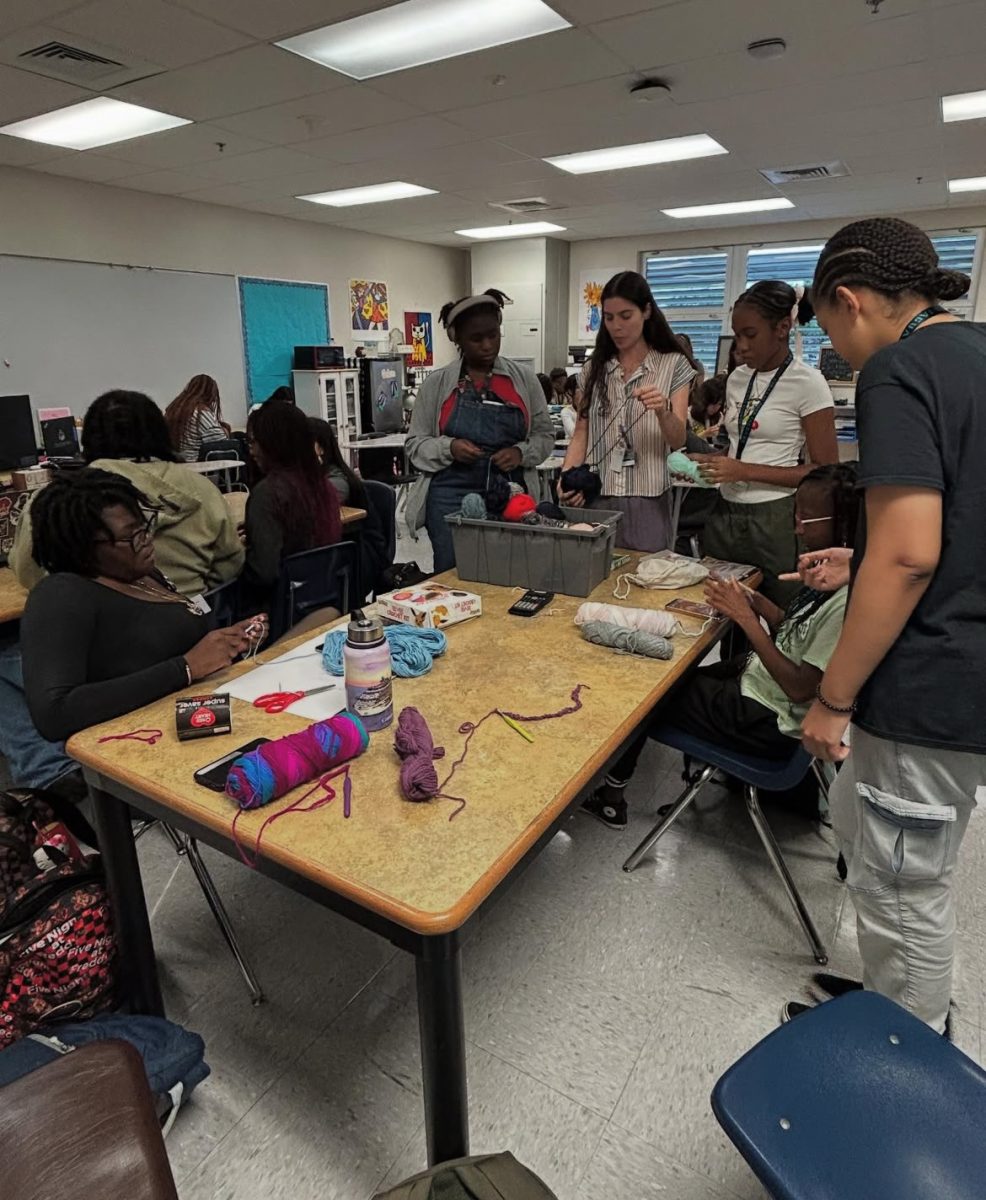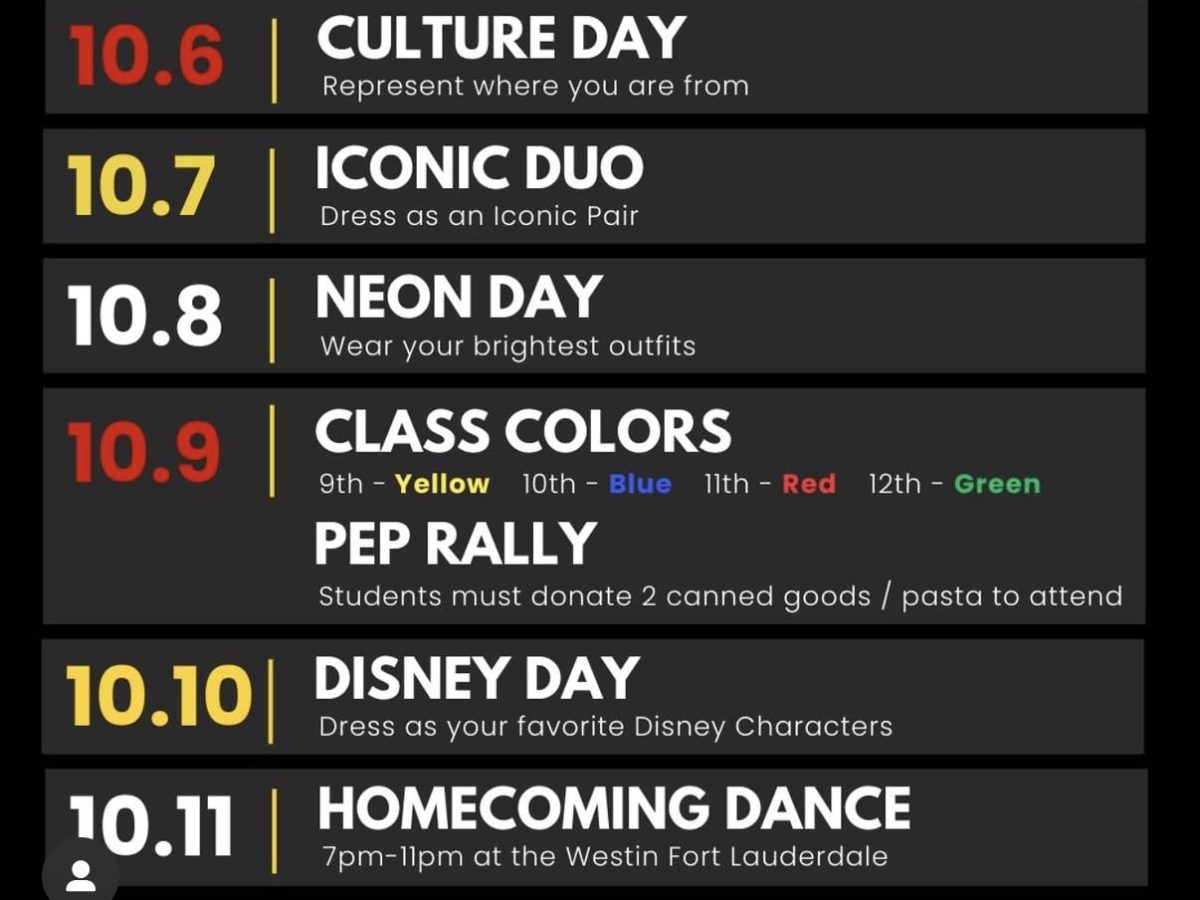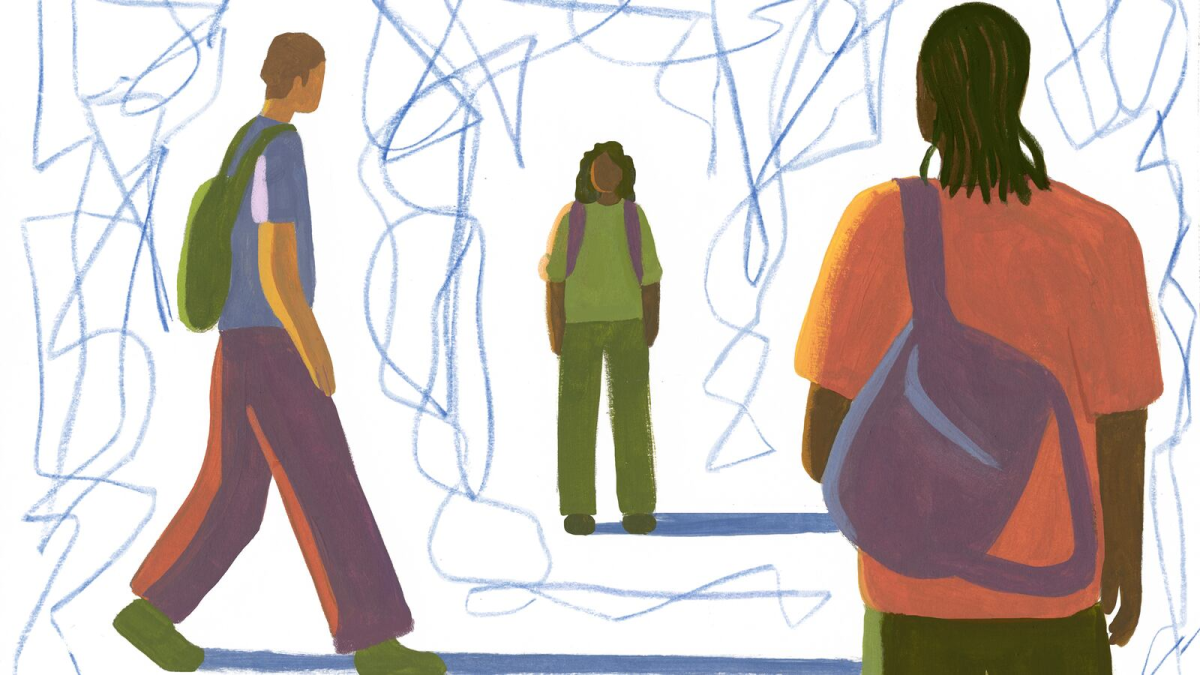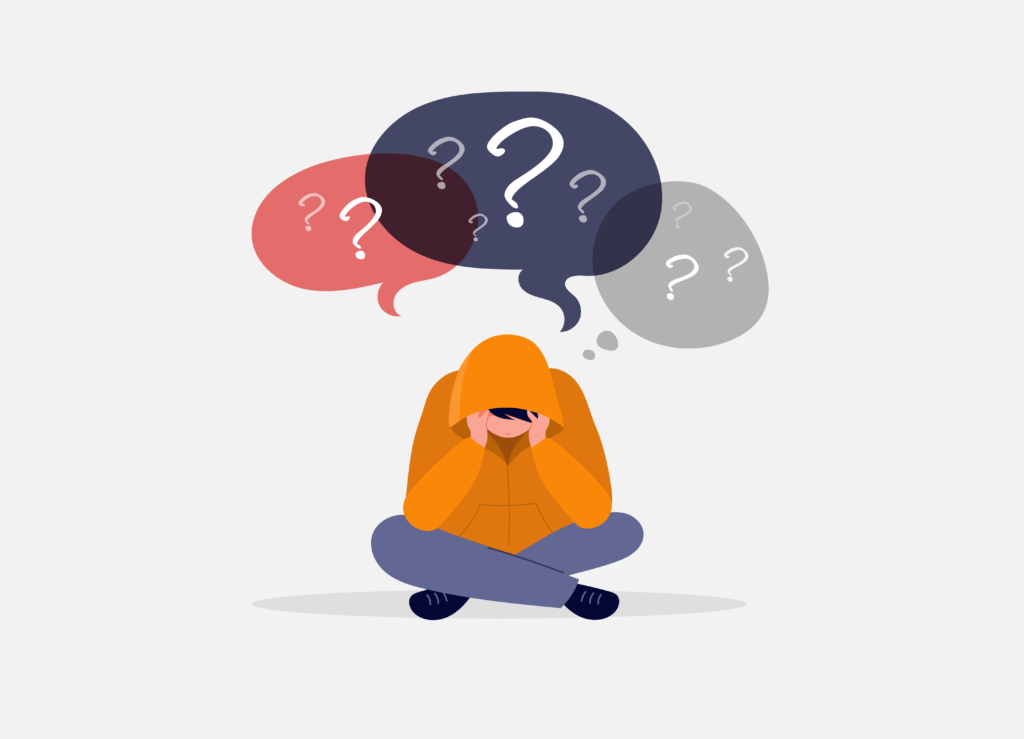Gen Z has been officially titled the most mentally ill generation in recent years, and obviously so. Gen Zers have reported symptoms of depression and anxiety in numbers never seen before. Of course, this makes most current high schoolers subject to this statistic, which means that up to about 12% of Coral Glades students could be suffering from major depressive disorder.
There are many factors that come into play when causing such a mental health phenomenon as this one. One of them is the COVID-19 pandemic.
The stay-at-home lifestyle induced by the COVID quarantine was initially portrayed in the media as a superficially boring, humorously lonely event. We now know that this is not the case. In fact, the months-long quarantine may have done severe social and emotional damage to teens’ brains, which were still developing at the time.
The teenage years are a crucial stage in the life of any given person. In these years, a sense of identity is forming, where a child is growing into an adult. A gap as large as the one caused by the pandemic can be extremely detrimental to this coming-of-age process.
Many students have had to experience first-hand the struggle to adapt to social skills and a sense of normalcy after such a historically catastrophic event.
“I remember being so angry at the world for the pandemic, having to be holed up for so long,” says a freshman at CGHS. She preferred to remain anonymous. “The return to school was a relief, but it was also really difficult at first.”
But the pandemic alone is not totally responsible for this crisis. Another element that can be thanked for a huge chunk of modern-day mental health struggles is the rise of social media.
Within the last ten years or so, the exponential growth of social media platforms has begun to taste bittersweet, with ideals of perfection, success, and happiness being force-fed to teenagers at an extremely alarming rate; not to mention risks of cyberbullying, social isolation, and even narcissistic tendencies. All this, combined with the previously-mentioned developing minds of youth, can make for disastrous consequences.
Otherwise known as anxiety, depression, and disordered eating—as well as general self-esteem issues.
“I think [social media] makes us addicted to our phones,” says Lazeena Ramsook, a sophomore. “We can’t go out and hang out with friends. It also brings danger to a lot of kids in our society.”
Of course, there are many other reasons for this crisis, some larger than others. However, it is important to recognize the life-altering consequences of mental illness during teenage years. Mental health should be a priority in high school, and definitely not something to be brushed aside.
After all, the next generation will soon rule the world.

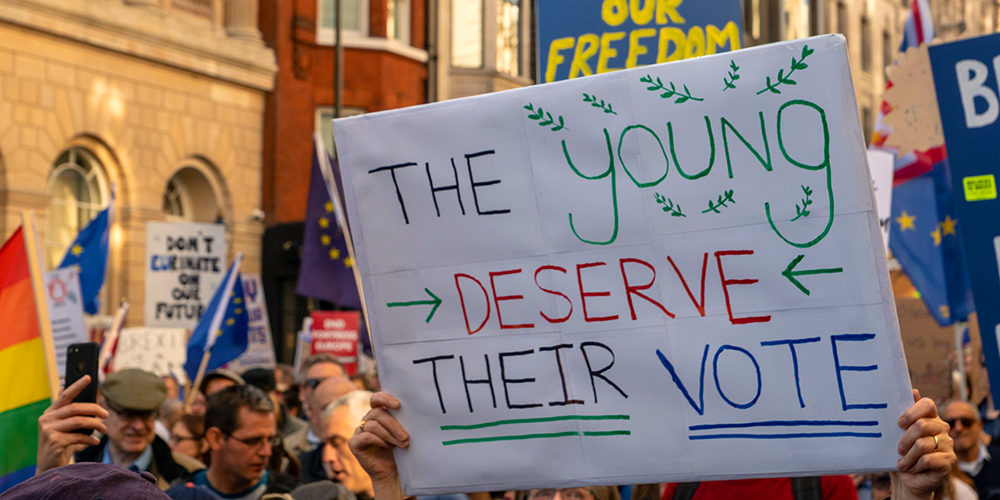
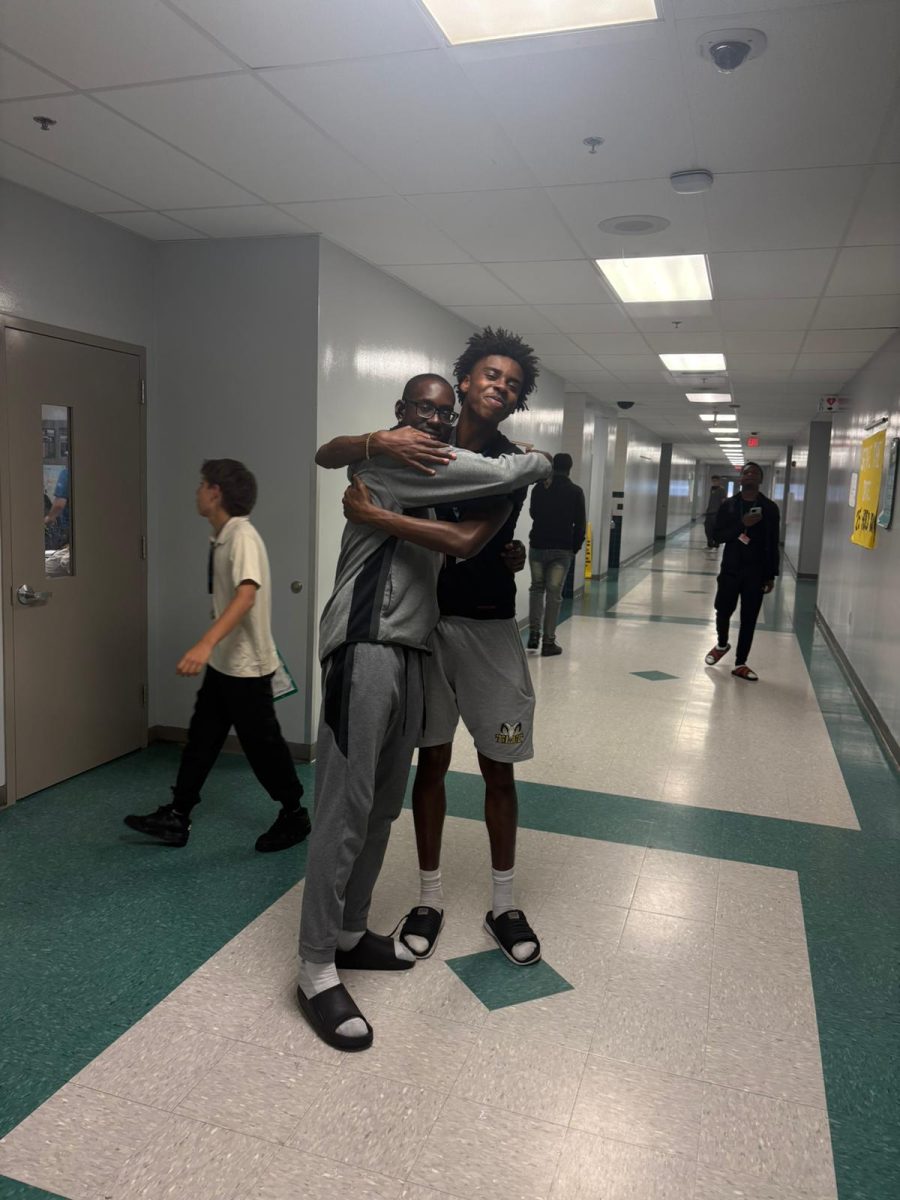


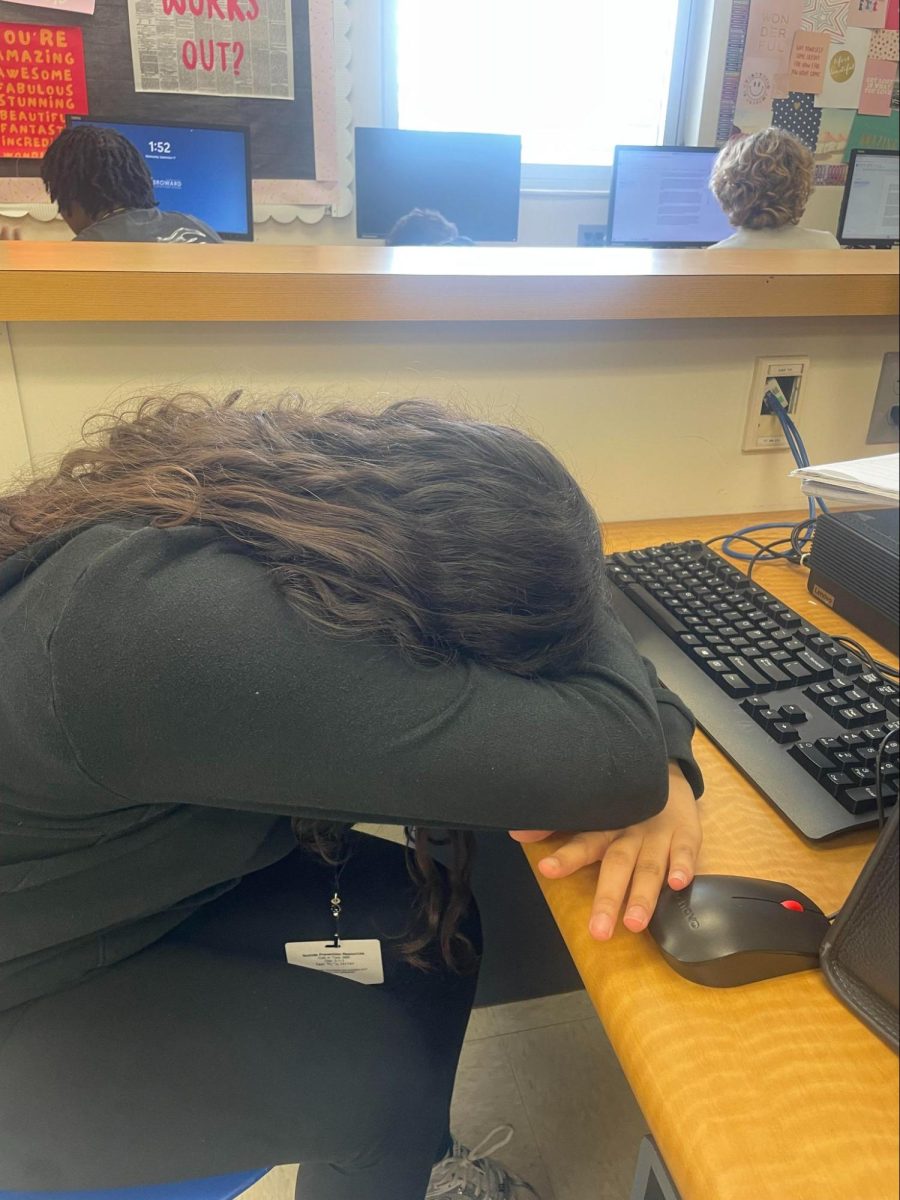


![[Photograph of an Italian sandwich] Photo Creds: https://www.thepioneerwoman.com/food-cooking/recipes/a42398453/italian-sandwich-recipe/](https://cghstheprowl.com/wp-content/uploads/2025/10/image1.png)






























